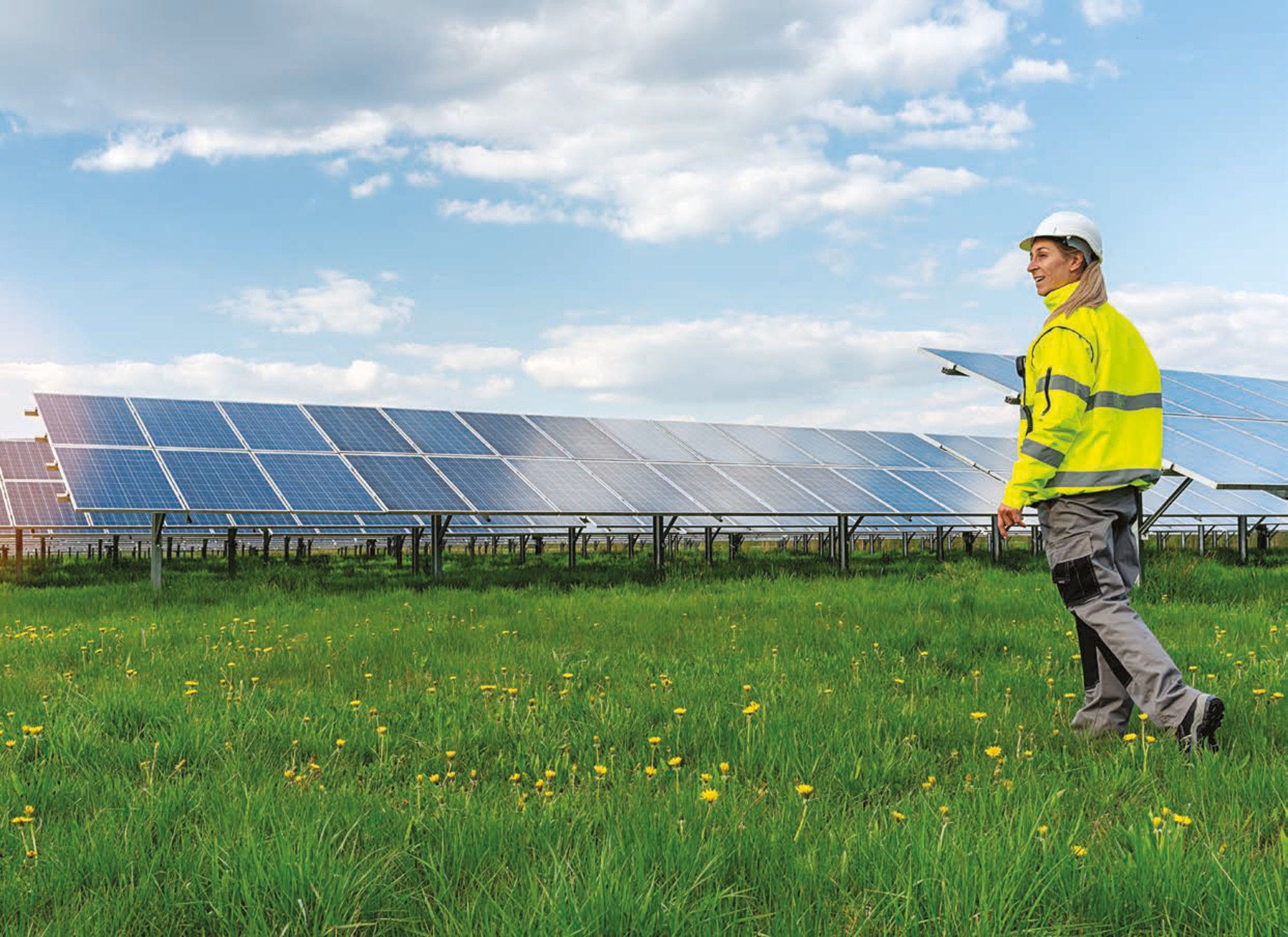See more data for Italy on the related dashboard.
Economic Policy Reforms 2023
Going for Growth

Italy
Product and labour markets functioning
Performance gaps
Outdated laws impairing competition in some sectors, a pervasive informal economy and disincentives for micro firms to grow hamper productivity growth. Reforms are needed to unlock the economy’s potential.
Italy’s participation and employment rates remain low compared to OECD peers, particularly in the country’s South and among women.
Recommendations
Foster competition, especially in services, by ensuring full and speedy implementation of the competition reform approved in 2022.
Reduce the labour tax wedge by shifting taxation away from labour towards immovable property.
Increase employment and competitiveness of lagging regions by allowing wages to be negotiated at the regional rather than the national level.
Tighten requirements for early retirement to boost labour force participation and improve the financial sustainability of the pension system.
Reduce second-earner marginal tax rates and boost public childcare provision to foster women’s labour market participation.
Digital transition
Performance gaps
Digital literacy, broadband penetration and the take-up of digital services are low.
The digitalisation and exchange of data across government bodies is limited, hampering the capacity to monitor and evaluate public.
Recommendations
Support quicker rollout of fast broadband by simplifying infrastructure authorisation processes and designating ultra-high-speed infrastructures as strategic.
Standardise and simplify applications and approval processes for courses provided by training funds to increase take-up among SMEs.
Continue the digitalisation of the public administration, allow exchange of data according to GDPR, and further promote the usage of digital government services.
Inclusiveness, social protection, and ageing
Performance gaps
Notwithstanding high redistribution achieved through the tax and benefit system, the share of people living in poverty is increasing and the depth of poverty, measured as the distance from the poverty line, is high.
To reach those most in need, a review of the requirements to access social protection programs and the simplification of access procedures is warranted.
Recommendations
Reduce coverage gaps of social protection programmes by reviewing residency-based eligibility conditions.
Reduce gaps in take-up by simplifying and standardising application procedures across different programmes.
Promote labour market participation among recipients of social benefits, including the citizens’ income by making benefit withdrawal more gradual.
Climate transition
Performance gaps
Despite being highly exposed to climate change, Italy is lagging behind other countries in terms of emission reductions, renewable energy diffusion and environmentally related R&D spending as a share of GDP.
Air pollution, particularly in the North’s industrial heartland, is high.
Recommendations
Streamline and simplify authorisation procedures and ease general administrative burdens for renewable energy projects.
Encourage low-carbon technology innovation by increasing public R&D investment and expanding tax credits for private R&D.
Promote the take-up of electric mobility by accelerating the rollout of charging stations and phasing out subsidies for the purchase of cars with internal combustion engines.
Adopt and implement the National Plan for Climate Change Adaptation to protect communities exposed to natural disasters.